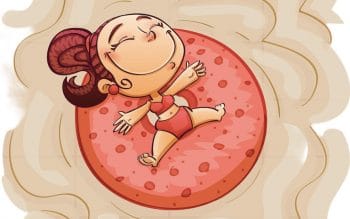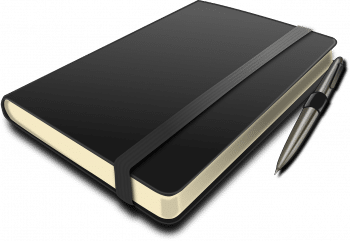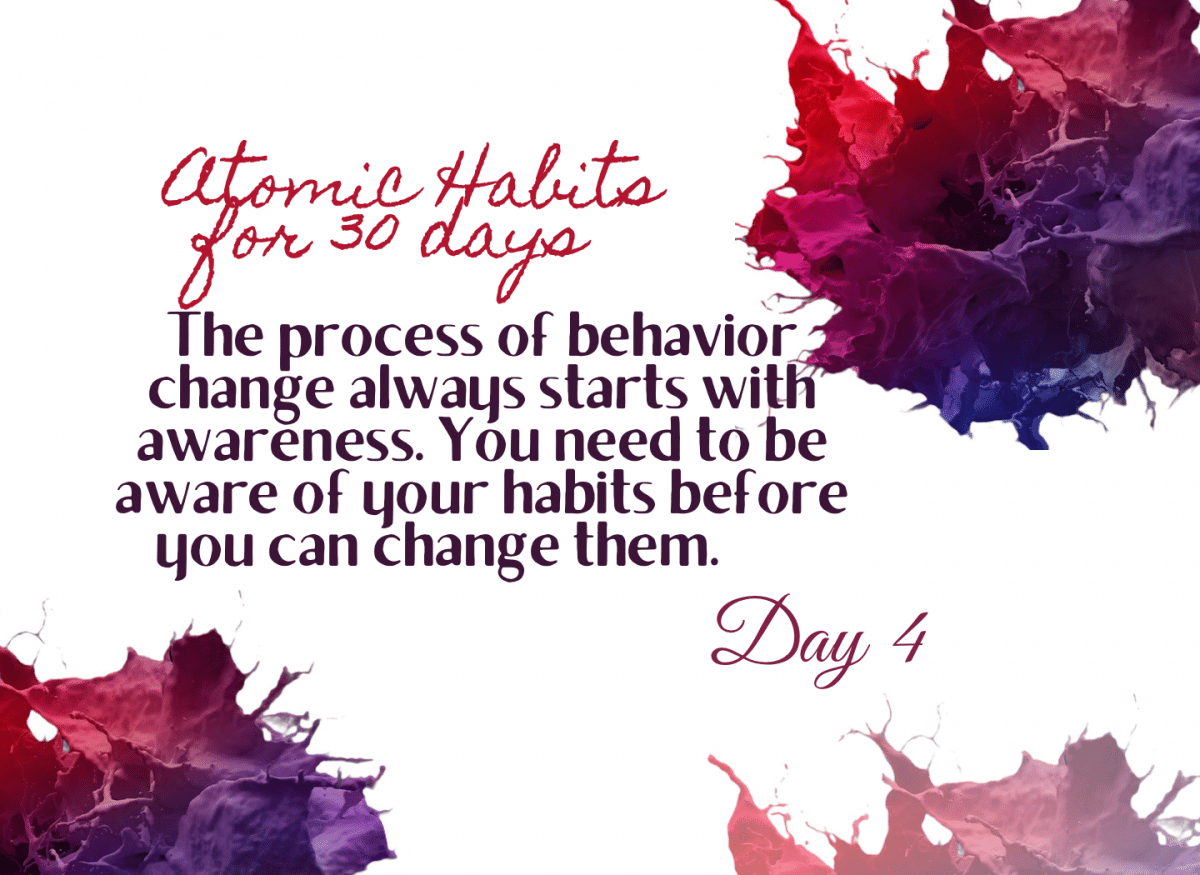Favourite Quotes
There are no good habits or bad habits. There are only effective habits. That is, effective at solving problems.
If you’re having trouble determining how to rate a particular habit, ask yourself: ‘Does this behavior help me become the type of person I wish to be? Does this habit cast a vote for or against my desired identity?’
The process of behavior change always starts with awareness. You need to be aware of your habits before you can change them.
The author gives the example of a woman who unknowingly saved the life of her father-in-law by noticing the off-patterns of blood distribution on his face. Having worked often with people with cardiac arrests, her brain has been identifying these patterns. The same goes for an army officer who saved the life of an entire battalion by identifying missiles against aeroplanes which appeared as the same blink on the radar. Other examples are of museum curators who can identify on cue an original piece of art versus fakes.
However, just like our brains pick up amazing cues as mentioned above, the same go for the bad ones. Examples can include having a phone in our pocket, or the TV remote on the sofa, we do not respond consciously to these cues. A habit has been established.
Pointing and Calling
To be honest, in theory, it sounds almost ridiculous, but I tried it to make an informed decision. We might have a list prepared for anything. For example, you are packing your luggage to go somewhere. You point towards the items that you need and call; ‘I have my keys, I have my book, I have my phone charger,’ etc. This ensures that you aren’t mentally juggling with everything. You transfer the process from the unconscious mind to the conscious mind.
The more automatic a behavior becomes, the less likely we are to consciously think about it. And when we’ve done something a thousand times before, we begin to overlook things.
Awareness & Mindfulness
 Something is bad? Call it out loud. Acknowledge the change you want to bring to a habit.
Something is bad? Call it out loud. Acknowledge the change you want to bring to a habit.
Habit Scorecard.
The Habits Scorecard is a simple exercise you can use to become more aware of your behavior.
As you create your Habits Scorecard, there is no need to change anything at first. The goal is to simply notice what is actually going on. Observe your thoughts and actions without judgment or internal criticism. Don’t blame yourself for your faults. Don’t praise yourself for your successes.
Throughout your day, keep a log of all the habits and actions you do. At the end of the day, rate each habit as positive (+), negative (-), or neutral (=).
The Habit Scorecard will allow us to become acutely aware of our habits. You might think checking your phone every night before sleep is ok, not harmful at all, but it is flooding your brain with stimulation before sleeping, flaring bright lights into your eyes and disturbing your sleep patterns. No wonder with the amount of processing that needs to be done by your brain, you are going to wake up more tired than refreshed.
 Writing it makes it real. Putting a minus sign beside it makes your resolve strong. It will empower you to see how uncontrollable your habit has got.
Writing it makes it real. Putting a minus sign beside it makes your resolve strong. It will empower you to see how uncontrollable your habit has got.
A plus (+) for habits that you want to reinforce, a minus (-) for habits you want to let go and neutral (=) for habits that arent necessarily important, for example, waking up on the right side or left side of the bed.
Image Credits: Canva, Unsplash, Pixabay









Comments & Discussion
23 COMMENTS
Please login to read members' comments and participate in the discussion.